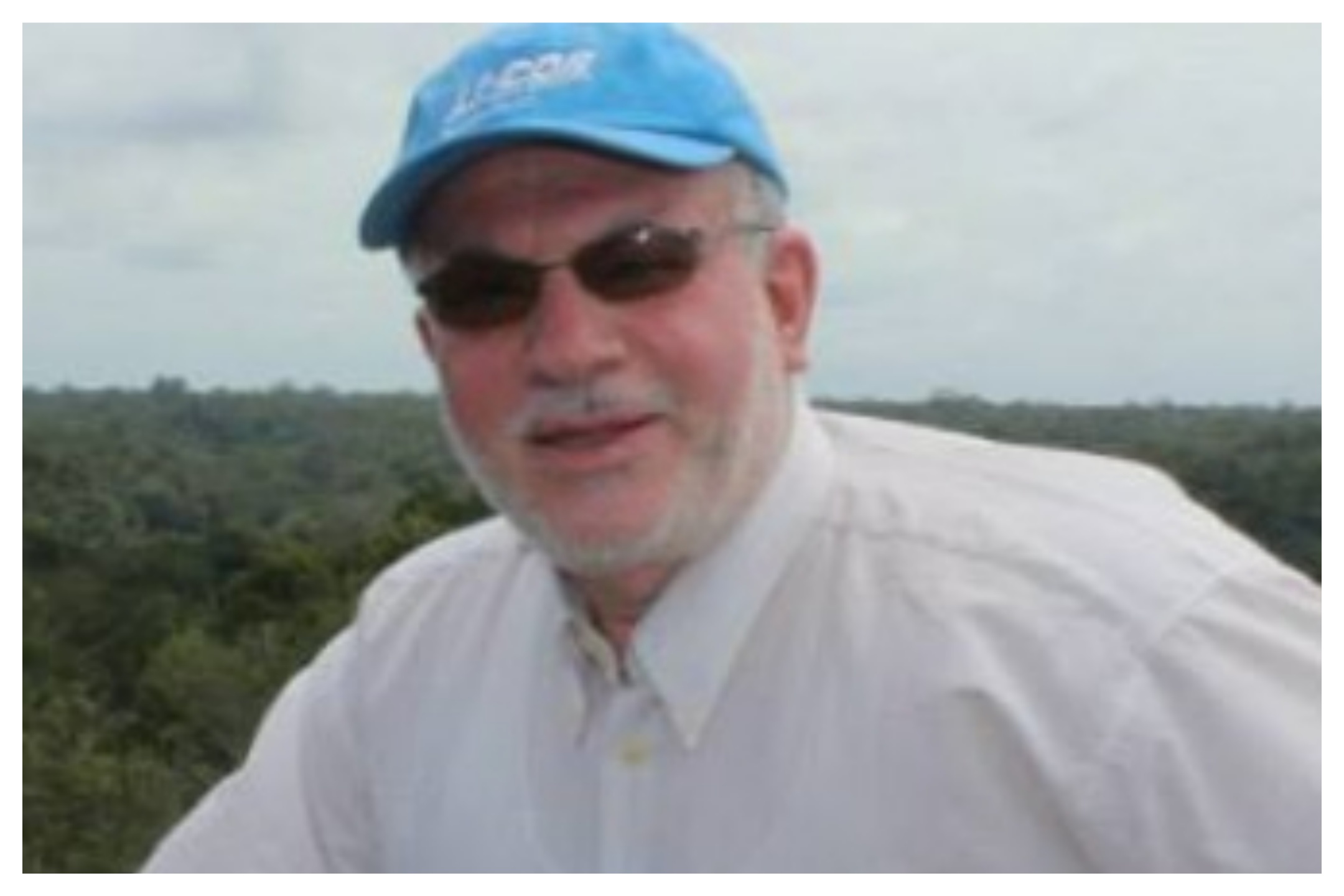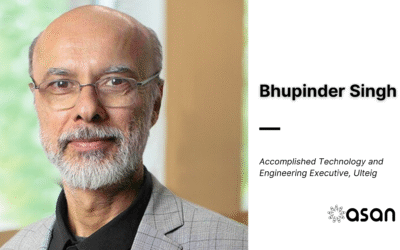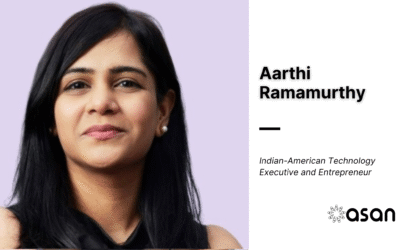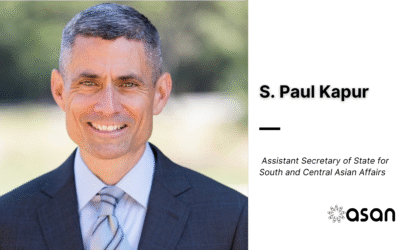Indian-American atmospheric scientist Dr. Manvendra Dubey has been appointed to a prestigious United Nations panel that will assess the wide-ranging impacts of a potential nuclear conflict, from climate change to public health.
Announced by UN Secretary-General António Guterres on July 17, the Independent Scientific Panel on the Effects of Nuclear War includes 21 globally recognized experts, including Dr. Dubey, a senior scientist at Los Alamos National Laboratory (LANL).
This newly formed panel will assess the climatic, environmental, radiological, public health, agricultural, and socioeconomic impacts of nuclear war, both in the immediate aftermath and over the long term.
The initiative marks the first comprehensive UN-backed study on this topic since 1988.
Dr. Dubey is internationally renowned for his expertise in atmospheric and climate sciences, particularly his work on aerosols, greenhouse gases, and their influence on climate systems.
At LANL, he serves as a senior scientist and fellow of Earth Systems Observations.
His prior roles include Program Director at the National Science Foundation (NSF), where he managed research focused on the Earth’s atmosphere and solar interactions.
He has also held adjunct faculty positions at Duke University’s Nicholas School of the Environment and the New Mexico Institute of Mining and Technology.

Dr. Dubey is a Fellow of the American Association for the Advancement of Science (AAAS) and holds a master’s in chemistry from IIT Kanpur and a Ph.D. from Harvard University.
In 2012, he received the Fulbright-Nehru Fellowship to research the Indian monsoon at the Indian Institute of Science, Bengaluru.
The panel was established under UN General Assembly Resolution 79/238 and is expected to submit a detailed report of its findings to the 82nd session of the UN General Assembly in 2027.
This cross-disciplinary study represents a renewed global effort to understand the far-reaching implications of nuclear conflict, particularly in an era when geopolitical tensions and nuclear capabilities are increasingly under scrutiny.
That’s all for this. If you are a South Asian wanting to thrive in the USA? Please join our community.



